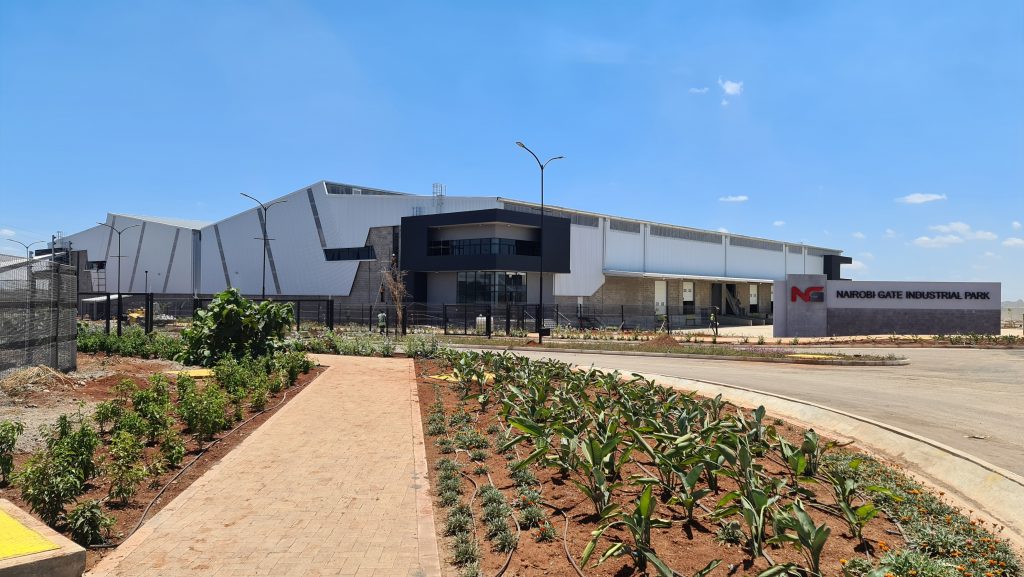Business Day Commercial Property PR
Life After COVID-19 – What Does It Mean For Distribution Centres And Warehouses?
Black Swan events such as COVID-19 have underscored the vulnerability of these systems to business continuity and sustainability. PwC’s COVID-19 CFO Pulse Survey in May this year established that the main supply chain strategies for CFO’s post COVID-19 include developing alternate sourcing options (64% of respondents) and changing contractual terms (56% of respondents).
Let us consider for a moment what distribution centres and warehouses could look like in a post-COVID-19 world.
Higher stock levels
A noticeable trend is the fatter inventory carried by third party logistics providers and FMCG companies. The reason for this is two-fold: The classification of essential goods varies greatly. In some instances, washing powder may be classified as essential whilst dishwasher detergent is not, and suppliers have to be able to cater for the varying consumer demand accordingly. The second reason relates to the fact that companies simply do not know if or when a warehouse may temporarily shut down for deep cleaning due to the virus. This necessitates larger inventories in multiple locations to diversify risk.
An increased regional footprint
Supply chain networks have started migrating to multi-level sourcing, increasing the need for regional distribution centres. Transparency across the entire supply chain has become top of mind, especially as companies’ risk mitigation and business continuity measures depend on the ability to access a wider footprint of distribution centres and warehouses carrying higher stock levels.
The PwC survey concurs that CFO’s in Africa are less likely than their global peers to consider cancelling or deferring investments in operations, IR, R&D and customer experience.
The online shopping tsunami and the rise of click-and-collect
Statistics from Europe supports a surge in online purchases irrespective of the virus, resulting in a much bigger impact on high street shopping than even during the 2007 – 2008 Global Financial Crisis.
An interesting trend is the growth of click-and-collect options. It is expected that this model will gain popularity across Africa, where consumers are likely to leapfrog retail trends to online. Even with an address, finding an exact location can be challenging – last mile distribution centres that allow for click-and-collect options will likely have an advantage in this regard.
Flexible space
We have noted a strong demand for short-term space as third party logistics providers and FMCG companies seek to establish a more adaptable distribution network. Most landlords have been filling vacancies through flexible short-term options without any tenant installations. Considering the strong interest in lease renewals on the back of an expected upsurge in demand post COVID-19 we anticipate flexible leasing options to become more commonplace, as trends in Europe suggest.
Although it remains too early to predict the long-term impact on COVID-19, what we do know is that stabilising the supply chain remains critical to ongoing business continuity. As FMCG companies and third party logistics providers adapt their business strategy with increased focus on transparency, e-commerce, local sourcing and regional distribution, logistics centres and warehouses will play an increasingly significant role in effecting this.
Established in 1995 with the founders still active in the business, Improvon is a real estate investment company operating across sub-Saharan Africa, specialising in providing tenants with Grade-A warehousing, distribution and logistics facilities built to clients’ specifications. Improvon has a distinguished track record in excess of 2, 000, 000 m2 of built up space which include Nairobi Gate in Kenya, the N1 Business Park and Gosforth Business Park in Johannesburg, Montague Park in Cape Town, South Africa and York Commercial Park in Lusaka, Zambia.






 Sign-up and receive the Business Media MAGS newsletter OR SA Mining newsletter straight to your inbox.
Sign-up and receive the Business Media MAGS newsletter OR SA Mining newsletter straight to your inbox.